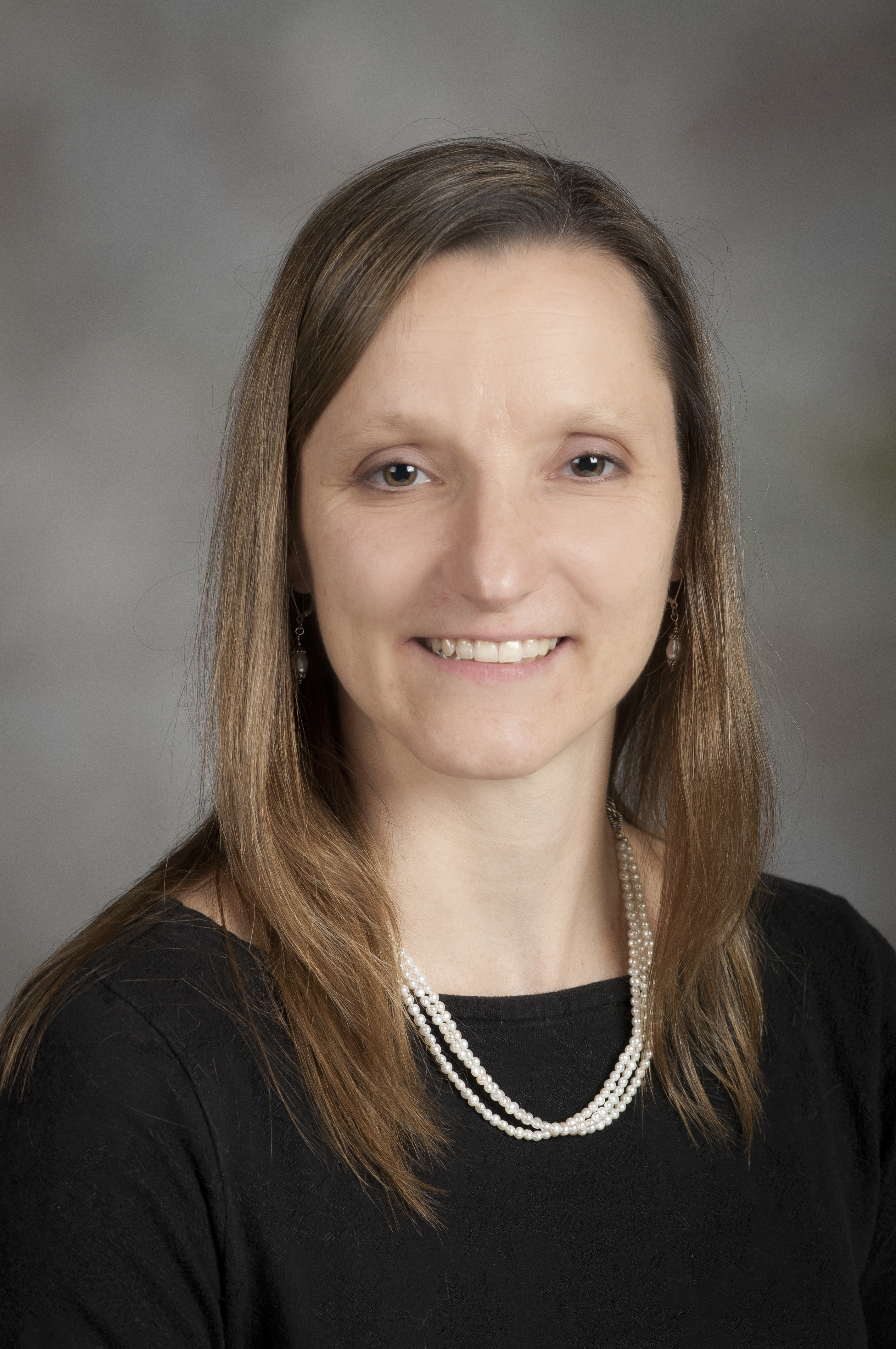Researcher to study how students learn engineering concepts

A Virginia Tech College of Engineering researcher will use a five-year $438,000 National Science Foundation Faculty Early Career Development (CAREER) Award to study how students are motivated to learn engineering practices, including relearning concepts that are false that they previously thought true.
Holly Matusovich, an assistant professor in the Department of Engineering Education, will talk to not just engineering students at Virginia Tech and other U.S. universities for her research, but faculty to help the latter better reach pupils in the classroom. The CAREER grant is the National Science Foundation’s most prestigious award, given to creative junior faculty considered to become academic leaders of the future.
“Researchers and educators alike know that engineering students enter undergraduate programs with misconceptions about critical engineering concepts,” Matusovich said. “We also know that some students effectively engage in learning and correct these misconceptions, while for others the misconceptions persist – often through graduation and into their professional careers. To address this issue, educators need to better understand how students learn, and particularly how they engage in conceptual learning.”
Consider: When students arrive at college, they – as with millions of youths for decades upon decades – have been scolded by their parents not to leave a door open in cold weather, because they “will let the heat out.” As if heat is a physical substance that can flow in and out of a room. “The heat cannot leave the room in this way,” said Matusovich. Instead, through molecular interactions and diffusion, cold air mixes with the hot air, causing a temperature drop. This is similar to adding a droplet of dye to a water and watching the color diffuse and spread. Even basic misconceptions about heat transfer can make it difficult for students to understand more advanced concepts and calculations in engineering and science courses.
This relearning of these incorrect “facts” is known as developing conceptual understanding. While many students are motivated to engage and thrive, others may become confused and/or frustrated in processing the correct information and shut themselves off to learning. .
Matusovich will use “hot cognition,” which merges traditional cognitive approaches with a robust exploration of learners’ intentionality or, why and how they choose to engage in learning, to study the gap. “This approach will enhance our existing understanding of students’ misconceptions and maximize the impact of on-going efforts to promote conceptual learning in engineering,” she wrote in her proposal.
The study will focus on classes teaching thermal dynamics in chemical engineering and mechanical engineering departments, as to provide a more narrow study target. These fields also create both a large sample population and the potential for significant impact.
During the study Matusovich will interview students before they take a course, and then afterward, to mark differences in perceptions and knowledge of engineering. She also will ask participants, via smartphones, and the like, how they are progressing in the class, for real-time collection of opinions and learning strategies, or lack thereof. Likewise, she will ask faculty about their perceptions of students as classes progress.
“I can ask faculty, ‘Were they [the students] looking at you blankly in class today, or were they getting it?,’” she said, adding that as professors better understand how different students learn, they can calibrate their classroom teaching methods. “The findings could unlock the secrets to conceptual learning across engineering fields.”
Matusovich earned a bachelor’s degree in chemical engineering from Cornell University in 1994, a master’s degree in materials science from University of Connecticut in 1999, and a doctoral degree in engineering education from Purdue University in 2008. She has 12 years of consulting and industry experience, and joined the Virginia Tech faculty in 2009.




